Is Milkweed Invasive?
Sunny_Dee
12 years ago
Featured Answer
Comments (30)
darrylvk
11 years agohelenh
11 years agochristie_sw_mo
11 years agohelenh
11 years agojoeinmo 6b-7a
11 years agoaiwen
11 years agochristie_sw_mo
11 years agohelenh
11 years agoaiwen
11 years agochristie_sw_mo
11 years agoaiwen
11 years agoRogerSan
11 years agochristie_sw_mo
11 years agoalsearsa
10 years agocarolync1
8 years agojoeinmo 6b-7a
8 years agooldgardenguy_zone6
8 years agojoeinmo 6b-7a
8 years agooldgardenguy_zone6
8 years agojoeinmo 6b-7a
8 years agojoeinmo 6b-7a
8 years agooliverisaac
7 years agoRyan Greer
7 years agojoeinmo 6b-7a
7 years agojoeinmo 6b-7a
7 years agobelfry_marian
7 years agoaiwen
7 years agobelfry_marian
7 years agolast modified: 7 years agoaiwen
7 years ago
Related Stories
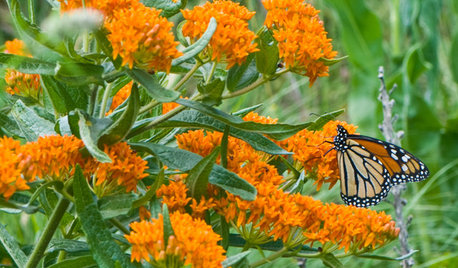
GARDENING GUIDESGreat Design Plant: Butterfly Milkweed, a Beacon in the Prairie
Vivacious orange flowers for you, nectar for the butterflies and bees. Asclepias tuberosa is worth planting for more reasons than one
Full Story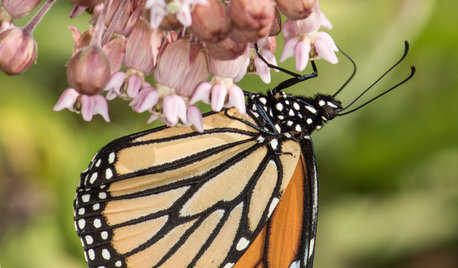
FLOWERS AND PLANTSHelp Monarchs and Other Butterflies by Planting Common Milkweed
Summer-blooming Asclepias syriaca is an important larval host plant for the monarch butterfly and attracts a number of pollinating insects
Full Story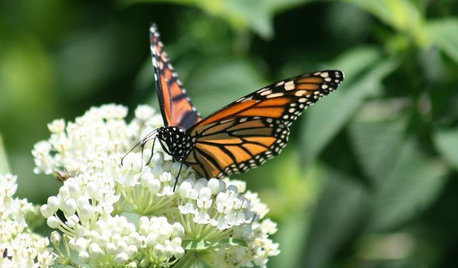
GARDENING GUIDESGreat Design Plant: Milkweed
Quit cringing. This not-weed plant is a sight to behold in the garden, has a delicious vanilla scent and is a magnet for butterflies
Full Story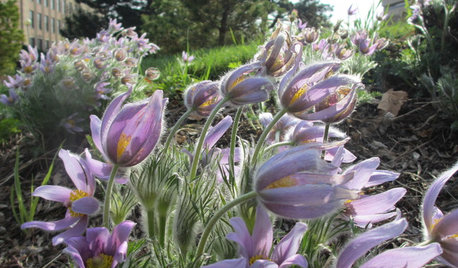
GARDENING GUIDES6 Plants That Beat Butterfly Bush for the Wildlife Draw
It's invasive, a nonnative and a poor insect magnet. Check out these better alternatives to butterfly bush in the garden
Full Story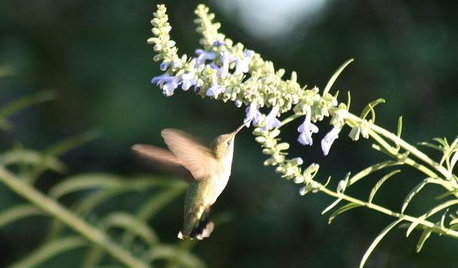
GARDENING GUIDESHow to Find the Right Native Plants for Your Yard
Find plant maps, sale sites and guides that make going native in the garden easier than ever
Full Story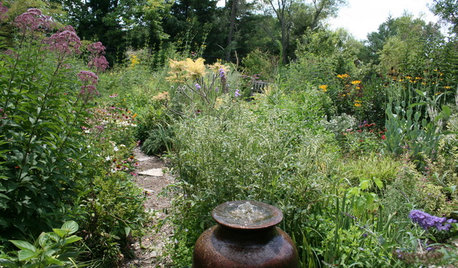
GARDENING GUIDESHow I Learned to Be an Imperfect Gardener
Letting go can lead to a deeper level of gardening and a richer relationship with the landscape. Here's how one nature lover did it
Full Story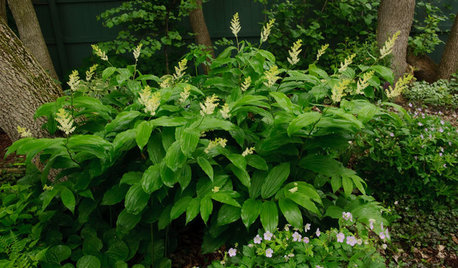
GARDENING GUIDESGarden-Friendly Native Alternatives to Overplanted Exotics
There are lots of gorgeous, wildlife-friendly native plants ready to make an appearance in your garden
Full Story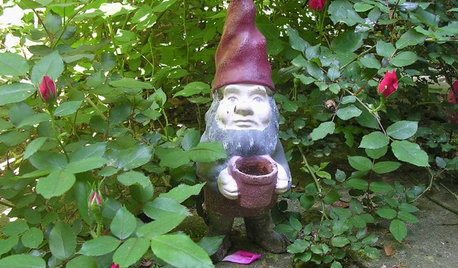
Houzz Call: Show Us Your Garden Gnomes
These decorative little German characters are popular again. Share a photo of yours, and it might appear in a featured ideabook
Full Story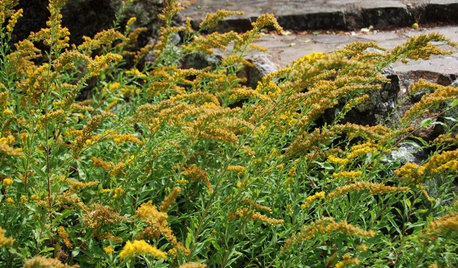
GARDENING GUIDES6 Native Goldenrods Worth a Second Look
Goldenrod gets a bad rap as being aggressive, but these more mannerly choices offer a bunch of benefits
Full Story
GARDENING FOR BUTTERFLIESBe a Butterfly Savior — Garden for the Monarchs
Keep hope, beauty and kindness alive in the landscape by providing a refuge for these threatened enchanters
Full StoryMore Discussions







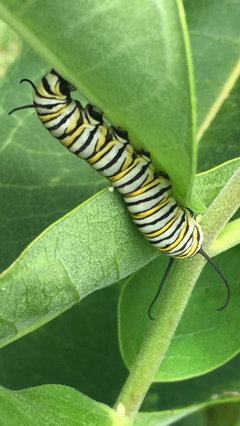
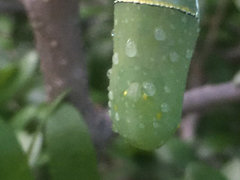
christie_sw_mo